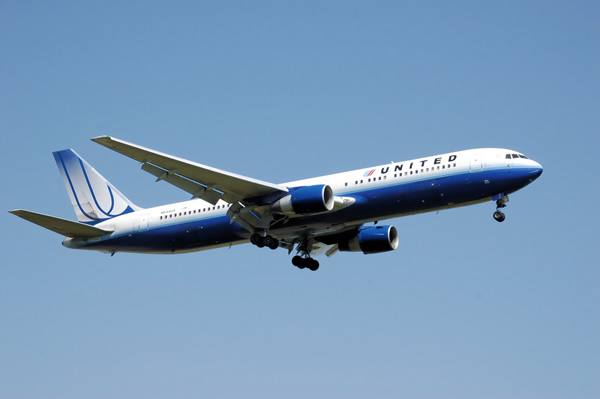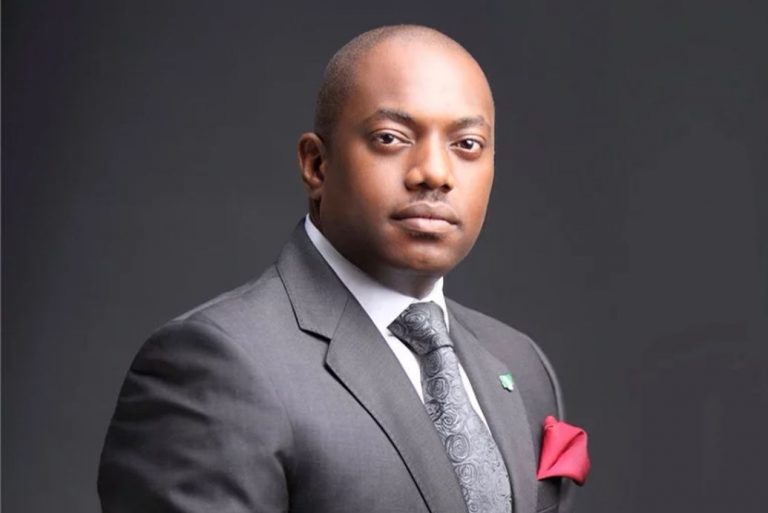US President Donald Trump has blamed Ukrainian leader Volodymyr Zelensky for Russia’s invasion of Ukraine, as French President Emmanuel Macron prepares for another round of diplomatic talks with European and non-European partners on Wednesday.
Zelensky had earlier criticized US-Russia talks for excluding Kyiv, emphasizing that any effort to end the war must be "fair" and involve European nations. However, his remarks appeared to anger Trump, who responded with a series of verbal attacks.
“I’m very disappointed. I hear that they’re upset about not having a seat,” Trump told reporters at his Mar-a-Lago resort in Florida on Tuesday. “Well, you’ve been there for three years… You should have never started it. You could have made a deal.”
Trump also hinted at a possible meeting with Russian President Vladimir Putin in Saudi Arabia before the end of the month, signaling a shift in Washington’s approach toward Moscow—an adjustment that has raised concerns among European leaders.
US-Russia Talks and Ukraine’s Exclusion
Earlier on Tuesday, Russia and the United States agreed to establish teams to negotiate a path toward ending the war in Ukraine. However, the exclusion of Kyiv from the talks drew strong rebukes from Ukraine, leading Zelensky to postpone his own trip to Saudi Arabia.
Macron, meanwhile, announced another round of discussions in Paris following the US-Russia talks, adding that Trump “can restart a useful dialogue” with Putin.
Trump has also increased pressure on Zelensky to hold elections, echoing one of Moscow’s key demands. “It’s been a long time since we’ve had an election,” Trump stated, suggesting that Ukraine’s electoral process should be a priority.
European Concerns and NATO’s Role
Trump’s comments have heightened fears among European leaders that the United States may make significant concessions to Moscow, potentially altering the security landscape of the continent.
The first high-level US-Russia talks since the 2022 invasion sparked backlash from Ukrainian officials, who warned that negotiating with Putin without Ukraine’s presence could embolden the Russian leader. “This will only be feeding Putin’s appetite,” a senior Ukrainian official told AFP.
Despite the concerns, Trump expressed optimism about a resolution, telling reporters: “I think I have the power to end this war.”
Moscow’s Diplomatic Victory
US Secretary of State Marco Rubio and Russian Foreign Minister Sergei Lavrov have agreed to appoint high-level teams to work on ending the war, according to the State Department. The two sides also decided to establish a consultation mechanism to address tensions in the US-Russia relationship.
The Riyadh negotiations mark a diplomatic win for Moscow, which had been largely isolated under former US President Joe Biden. Russia’s economic negotiator, Kirill Dmitriev, said Western attempts to cut off Moscow had “obviously failed.”
Lavrov noted that Russia remains opposed to any deployment of NATO troops in Ukraine as part of a ceasefire agreement.
Divisions Among European Allies
European nations remain divided over whether they would consider sending peacekeeping troops to Ukraine. Macron has left the door open for the idea but suggested it would only be under strictly limited circumstances, away from conflict zones.
Moscow has long demanded the withdrawal of NATO forces from Eastern Europe, viewing the alliance’s presence as a direct threat. On Tuesday, the Kremlin stated that Ukraine had the right to join the European Union but not NATO, and that Putin was "ready" to negotiate with Zelensky “if necessary.”




